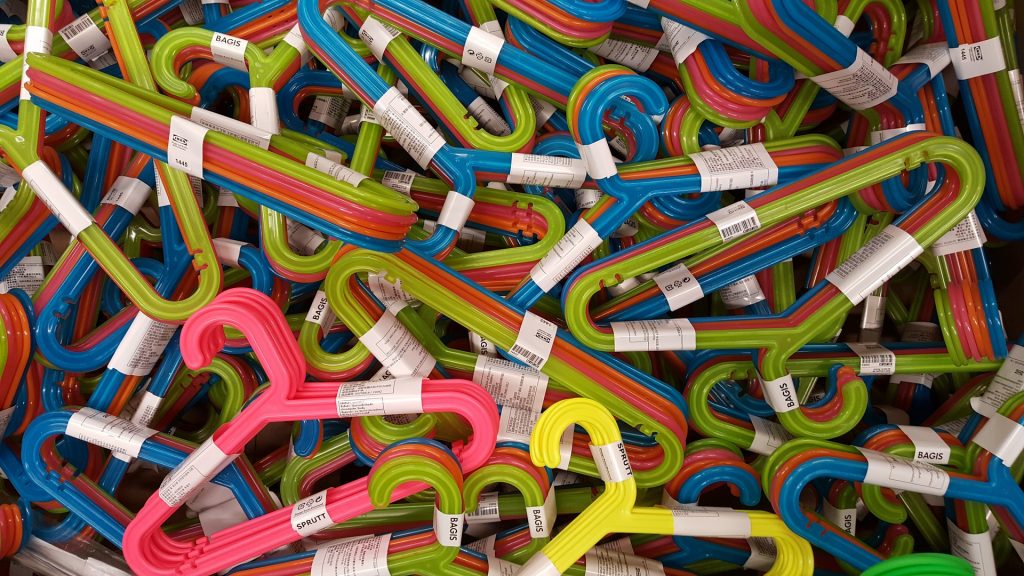More and more big companies are promising to cut how much carbon dioxide they produce in order to combat global warming.
What it means: In 2015 lots of countries looked at the predictions for what climate change was going to do to their countries, people and economies and decided it was getting a bit scary.
So they created the ‘Paris Agreement’, which said everyone would try really hard to stop the planet getting more than 2 degrees warmer. Doing this requires putting less carbon dioxide, a greenhouse gas, into the air. (Lots of people think even if they succeed at this, it’s not going to be enough to stop the bad effects of global warming from happening).
Several big companies are now saying they’re going to do their part and go green(er). Walmart is promising to save a gigaton of carbon dioxide (as much as all of Germany produces). BT say it wants its business to be powered mostly by renewable energy, and Ikea is spending a billion dollars to cut its carbon emissions by at least 15 percent by 2030. Maersk, a big shipping company, says it’s going to abandon fossil fuels by 2050, while United Airlines says it’ll slash its carbon emissions in half by then.
Some people think that these companies' pinky promises to reduce carbon aren’t quite as impressive as they seem. Walmart’s cutbacks, for example, count hypothetical emissions that the company says it would have made if it wasn’t trying to be more climate friendly.
But companies have some good incentives to get serious about combating climate change. For a start, more extreme temperatures and freak weather events like hurricanes and floods could damage shops, stock and supply chains (i.e. everything that is goes into getting company products from them to their customers, including everything like roads and suppliers of parts).
Also, climate change will probably have a negative effect on lots of people’s finances. (Think of farmers whose crops get damaged by droughts, or people living on the coast who have to fix up their homes after a flood). And the less money people have, the less money they can spend on the stuff businesses sell.
Plus, plenty of governments are starting to chatter about charging large taxes to companies that produce lots of carbon. Firms who think this is likely to happen might figure they’ll get hit with a really high bill if they don’t start thinking about ways to reduce their carbon emissions.
Read our explainer on the environment.

